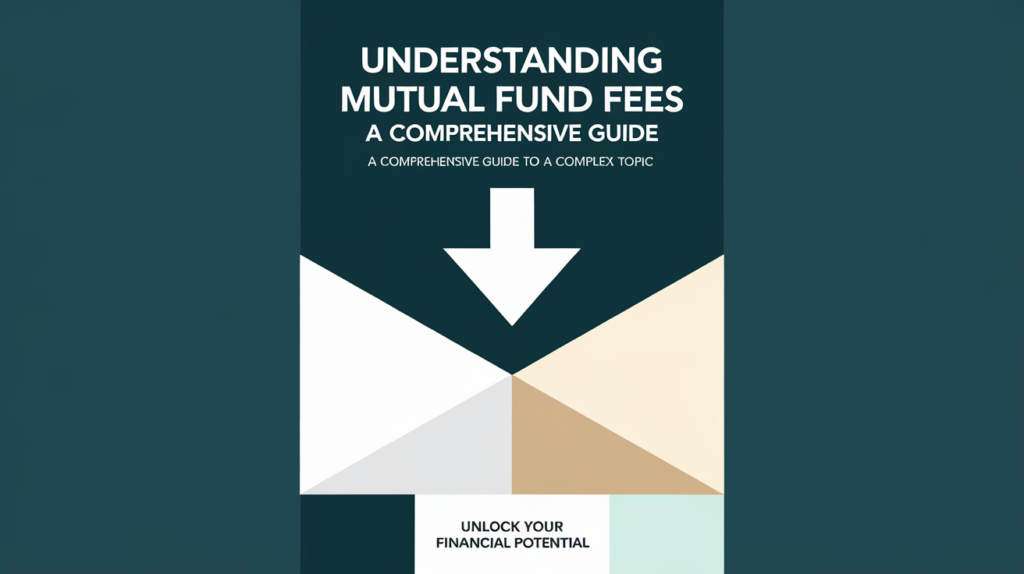Balancing Debt Repayment and Savings: A Comprehensive Guide
If you find yourself overwhelmed by debt, you’re not alone. According to the latest data from Experian, the average consumer carries $5,910 in credit card debt. This can leave many feeling torn between paying off debt and building savings. The good news is that you don’t have to choose one over the other. With a well-organized financial plan, you can tackle both simultaneously. Here’s how you can achieve this balance.
Should You Save While Paying Off Debt?
The ideal budget allows you to save while paying off debt. But why is this important? Let’s explore.
Building a Strong Emergency Fund
Your emergency fund acts as a financial safety net. Whether it’s a minor home repair or a job loss, having three to six months’ worth of expenses set aside can help you navigate unexpected financial hurdles. This fund is crucial for maintaining financial stability.
Maximizing Investment Gains
Waiting until you’re debt-free to start saving for retirement can cost you years of compound interest. Starting early allows your investments to grow exponentially, significantly boosting your retirement savings over time.
Understanding Good Debt
Not all debt is detrimental. Some types of debt, like student loans or mortgages, can improve your quality of life and financial wellness. For instance, student loans can enhance your job prospects, while a mortgage can help you invest in a property that appreciates over time.
How to Balance Saving and Paying Off Debt
Here are some actionable tips to help you balance saving and debt repayment:
1. Get Organized With Your Finances
Start by listing all your debts, including interest rates and minimum payments. This will give you a clear picture of your financial obligations. Next, revisit your budget. Account for your monthly income and expenses, including essential bills, debt payments, and discretionary spending. If your expenses exceed your income, it’s time to cut back on non-essential spending.
Track your spending by reviewing your debit and credit card statements from the past few months. This will help you identify wasteful expenses that you can eliminate. Determine how much extra income you have each month and aim to allocate 20% of your take-home pay towards financial goals, splitting it between saving and debt repayment.
2. Set a Savings Goal
Your savings goal should be tailored to your financial situation. Start by assessing your emergency fund. If it’s nonexistent, don’t worry—the best time to start saving is now. Set a manageable goal, such as building a mini emergency fund of $1,000. Determine a timeline for achieving this goal based on your monthly budget. For example, if you can allocate $500 a month towards saving and debt, you might divide it as follows:
- $100 in your emergency fund
- $300 towards debt
- $100 in a retirement account
3. Choose a Debt Repayment Strategy
There are several strategies to pay off debt:
- Debt Snowball: Focus on paying off your smallest balance first while making minimum payments on other accounts. Once the smallest balance is paid off, move on to the next smallest.
- Debt Avalanche: Prioritize paying off the account with the highest interest rate first, as high-interest debt costs you the most in the long run.
- Debt Consolidation: Take out a debt consolidation loan with a lower interest rate to pay off all your balances, resulting in one new balance and monthly payment. Alternatively, use a balance transfer credit card with an introductory 0% interest period. Both options typically require a good FICO® Score (above 670).
4. Contribute Enough to Your 401(k) to Get an Employer Match
If your employer offers a 401(k) match, contribute enough to take full advantage of it. This is essentially free money that can grow exponentially over time thanks to compound interest. While it may require balancing your monthly savings, the long-term benefits are substantial.
How to Avoid More Debt
Regardless of your current financial situation, it’s essential to take steps to avoid accumulating more debt:
- Pay off your credit card balance in full each month.
- Stick to your budget and get back on track if you overspend.
- Automate your savings to build a strong emergency fund.
- Use cash windfalls, like tax refunds and work bonuses, to pay down debt and boost savings.
- Reduce expenses to curb overspending.
The Bottom Line
You don’t have to choose between paying off debt and building your savings. With a balanced approach, you can achieve both and improve your financial health. Eliminating debt can also enhance your credit score, which is a significant benefit. Remember, you can check your credit report and score for free with Experian.
For personalized mortgage services, contact O1ne Mortgage at 213-732-3074. Our team of experts is here to help you navigate your financial journey and achieve your goals.







